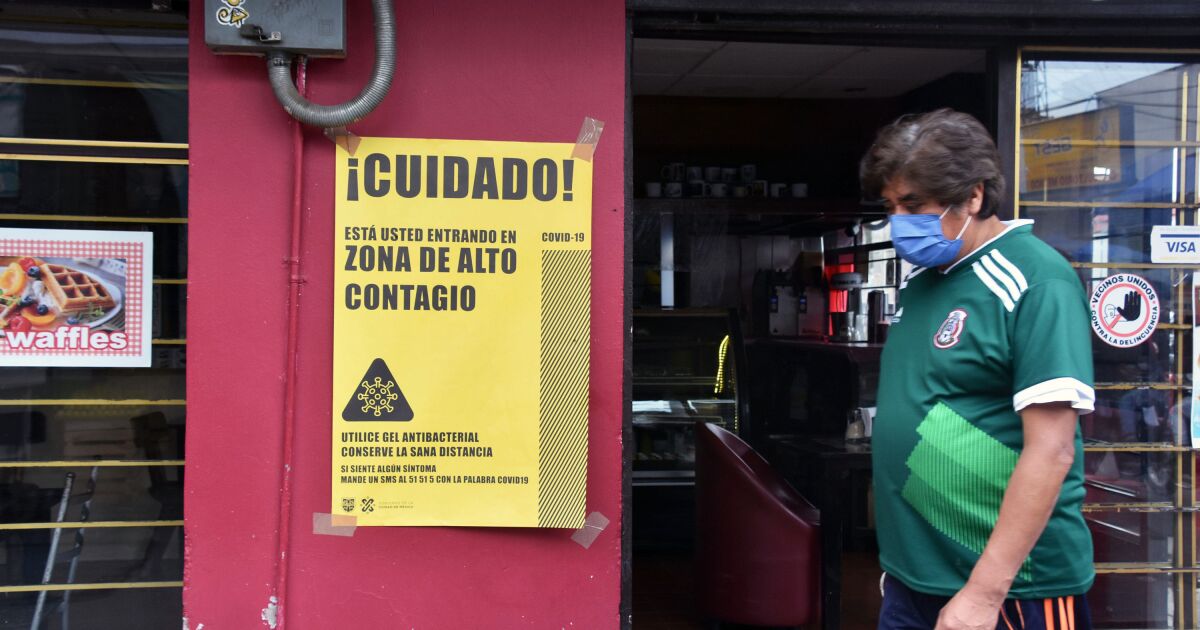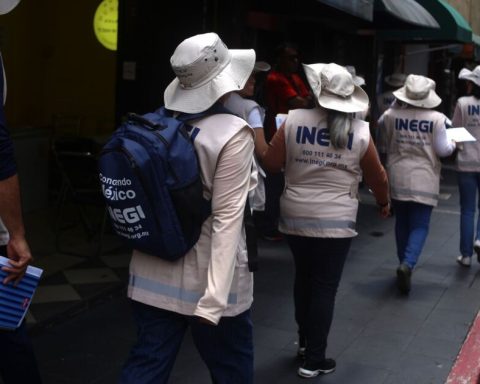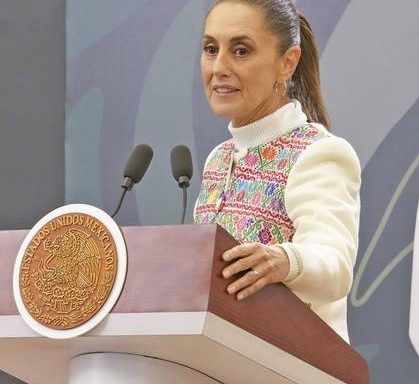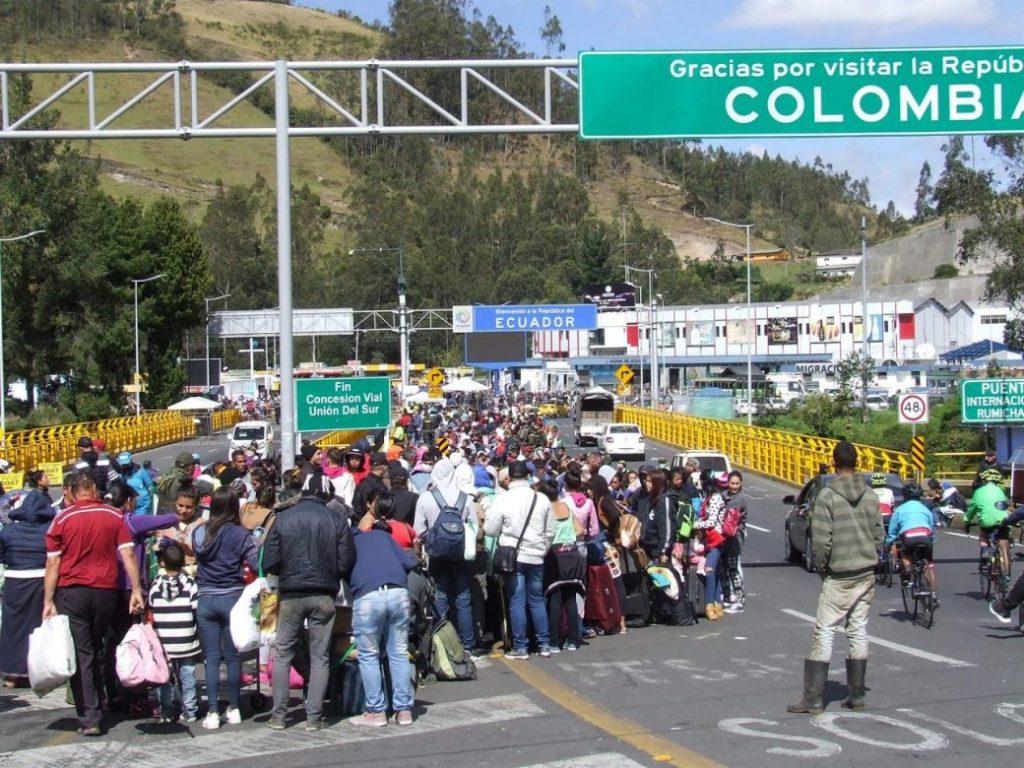Alberto González, head of the Mexico and Costa Rica unit in the OECD Department of Economics, comments in an interview that investment, education and the fight against labor informality are the three great internal challenges facing the country for the following years.
“We see that there are growing public spending needs: in public investment, in education, health, and we believe that the way to respond to these needs is to increase tax revenues. And for Mexico we see that there is room to do so by expanding the tax bases. We do not believe that it is necessary to increase tax rates, but more can be collected by reducing tax exemptions and reinforcing taxes such as property and tenure, “he explained.
In the external part, the risks of inflation and the appearance of new strains of COVID that stop or delay the process of economic opening stand out
The elements that are causing inflation are temporary and we expect them to be transitory, but there is a risk that they will be passed on to the price formation mechanisms and that they will turn into more structural increases, added the OECD economist.
Aida Caldera, Head of Division of the OECD Economics Department, noted that the new strain called omicron generates a lot of uncertainty, which sends a signal to countries to accelerate vaccination against COVID.
In its Economic Outlook report presented this Wednesday, the OECD highlighted that if the pressures on prices continue and inflation does not gradually converge towards Banxico’s target of 3%, further increases in the benchmark interest rate would be justified.
The agency estimates that Banxico’s main monetary policy instrument closes this year at 5.25%, from the current 5%.
Uneven global recovery
The OECD predicted that this year Global economy will close with a growth of 5.6%, to moderate its trend to 4.5% in 2022 and 3.2% in 2023.
However, it warns of the appearance of important imbalances in the recovery of nations: There are areas where the recovery is not complete, then it must be accelerated. The labor market has not fully recovered, so consumption, although it has been strong, is still hampered by the fact that the labor market, wages, and jobs have not recovered, said Aida Caldera.















